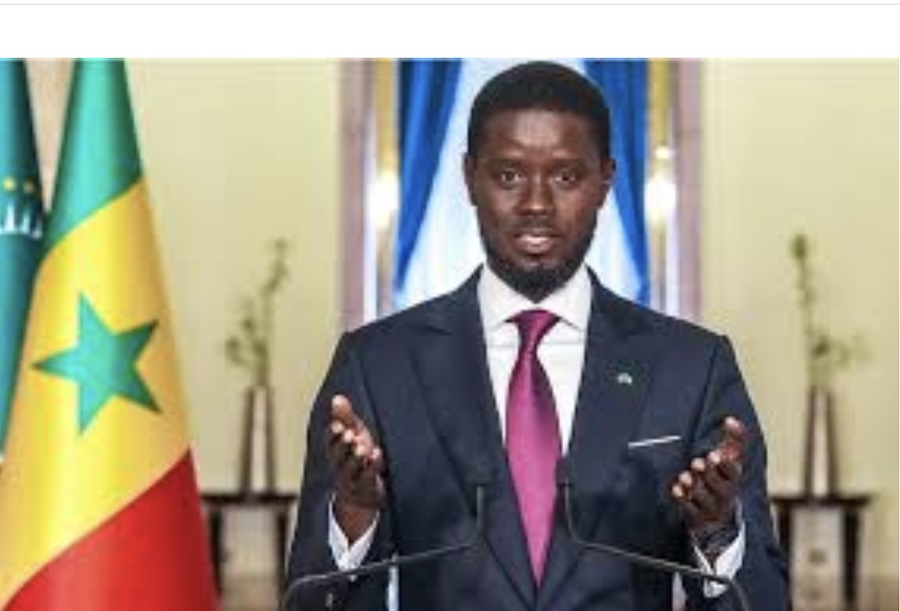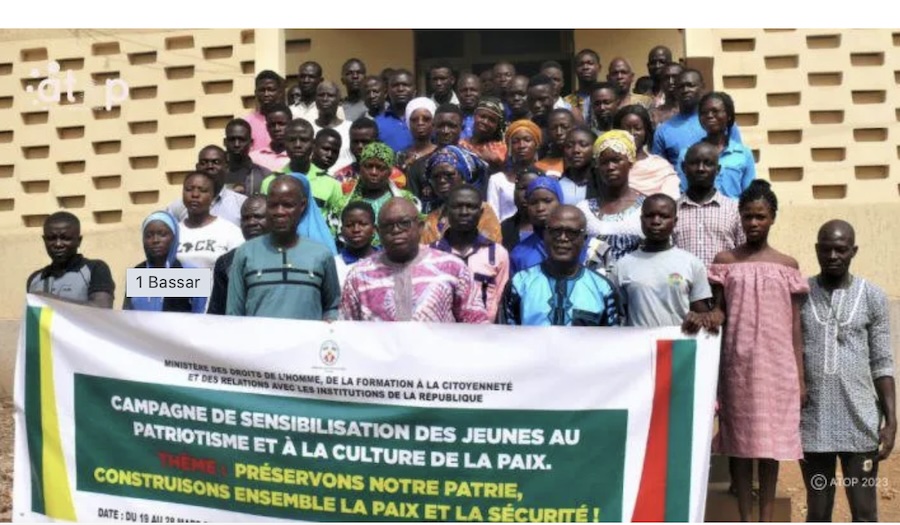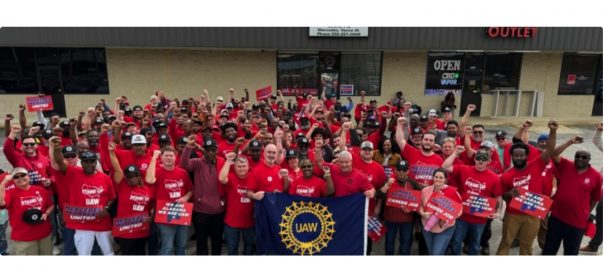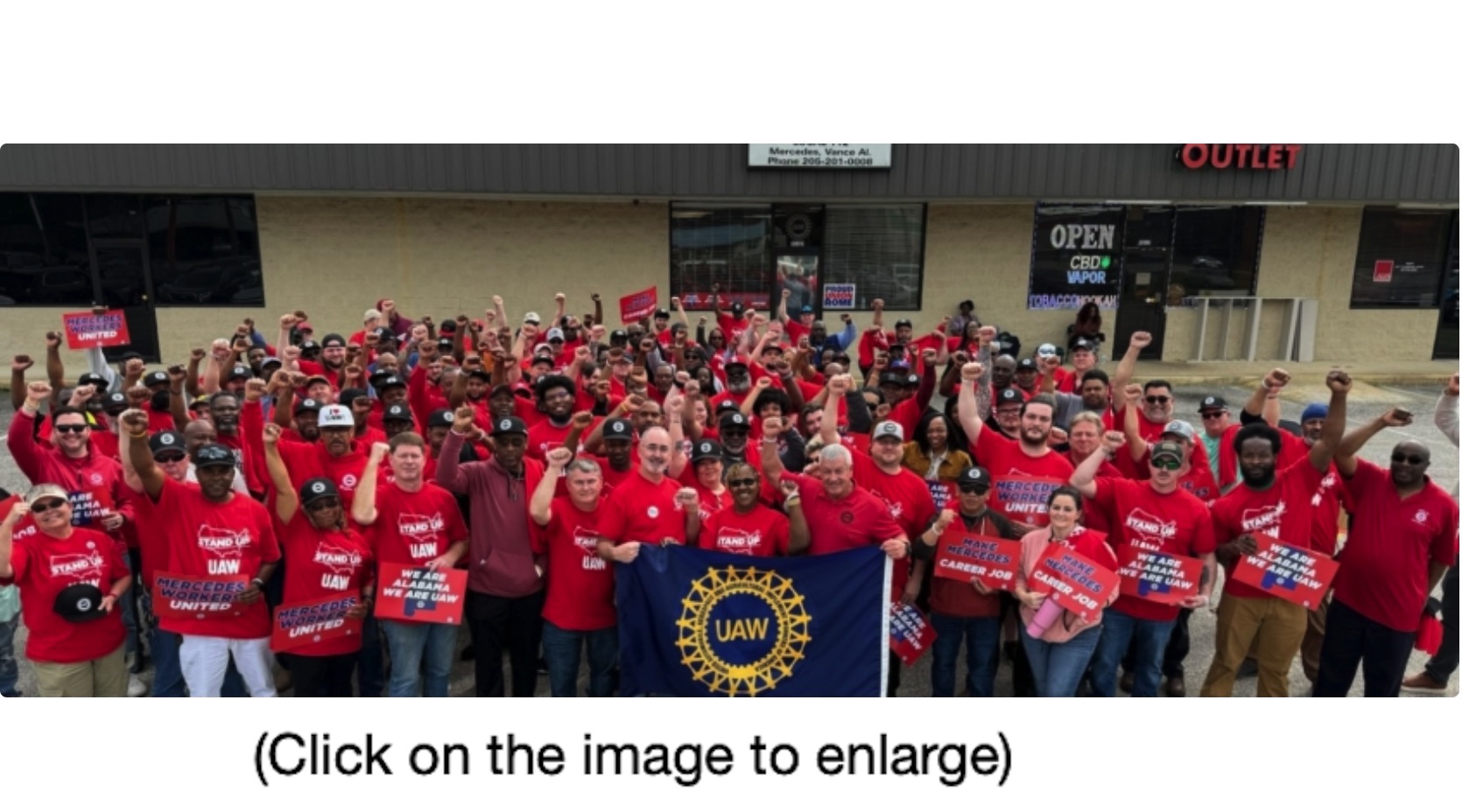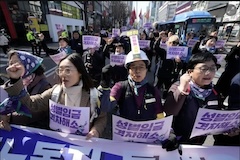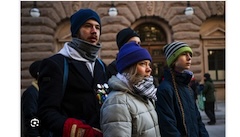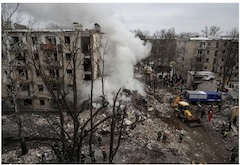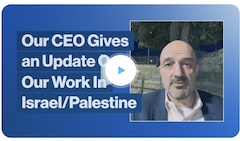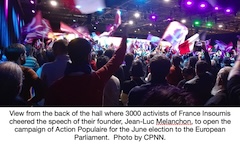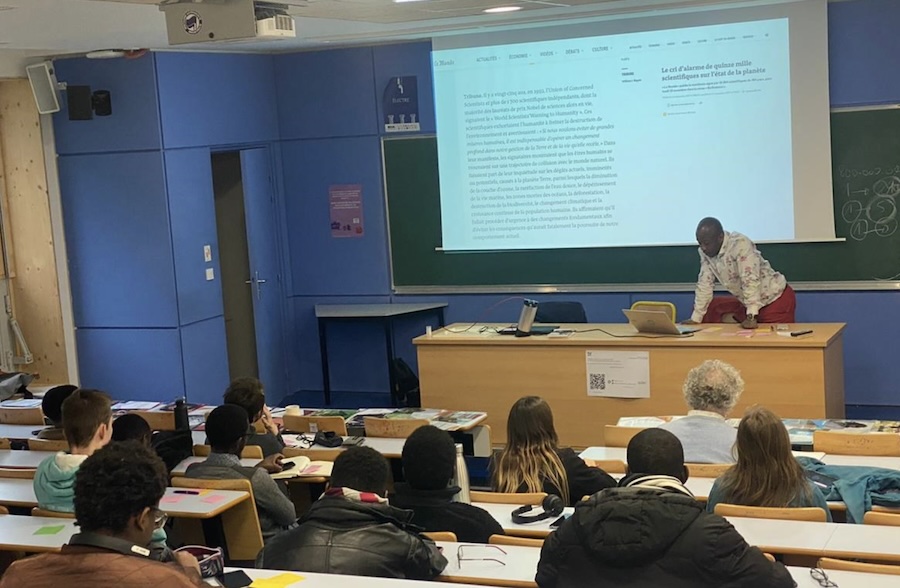FREE FLOW OF INFORMATION .
A report from the Government of Brazil on February 17
It is with great joy that I return to Africa for the twenty-first time, once again as President of Brazil, to address the leaders of the African Union. I come to reaffirm the partnership and bond between our country and our people and the sister continent.

Lula and Africa
The African struggle has a lot in common with the challenges faced by Brazil. More than half of the 200 million Brazilian citizens recognize themselves as Afro-descendants. We, Africans and Brazilians, must chart our own paths within the emerging world order.
We must create a new global governance that is capable of facing the challenges of our time.
Minimal State theories are no longer applicable. Planning agricultural and industrial development has once again become part of public policies in all sectors.
Energy and digital transitions require government leverage and guidance.
Attempts to restore a global system based on ideological blocs are not applicable in the real world. Multipolarity is an inexorable and welcome component in the 21st century. Consolidation of BRICS as the world’s most important arena for the articulation of emerging countries is an undeniable advance.
Without the participation of developing countries, it will not be possible to open any new cycle of global expansion — combining growth, environmental preservation and reduced inequality and with increased freedoms.
The Global South is becoming an unavoidable part of the solution to the main crises that afflict this planet.
These crises arise from a model that concentrates wealth, and which mainly affects the poorest — and, among these, immigrants. The alternative to the ills of neoliberal globalization will not come from the racist and xenophobic far right. Development cannot be the privilege of a few.
Only an inclusive social project will allow us to establish prosperous, free, democratic, and sovereign societies. There will be no stability or democracy if hunger and unemployment remain.
The time is ripe to revive the best humanist traditions of the great leaders of African decolonization.
Being a humanist today means condemning the attacks perpetrated by Hamas against Israeli civilians, and demanding the immediate release of all hostages. Being a humanist also demands rejecting Israel’s disproportionate response, which has killed almost 30,000 Palestinians in Gaza—the vast majority of them women and children—and caused the forced displacement of over 80% of the population.
The solution to this crisis will only last if we move quickly towards the creation of a Palestinian State that is also recognized as a full member of the United Nations—a strengthened UN that harbors a more representative Security Council, in which there are no countries with veto power, and which includes permanent members from Africa and Latin America. For two years now, the war in Ukraine has exposed the Council’s paralysis. Beyond the tragic loss of life, its consequences are also being felt around the world in food and fertilizer prices.
There will be no military solution to this conflict. The time has come for politics and diplomacy.
Ladies and gentlemen,
Africa—with its 1 billion 500 million inhabitants and its immense and rich territory—has enormous possibilities for the future. Brazil wants to grow alongside Africa, but never dictating any paths.
The Brazilian people are recovering their political and economic sovereignty. We are adopting an ecological transformation project which will allow us to take a historic leap forward. We are reviving our democracy and making it increasingly participatory.
Through Bolsa Família and other successful public policies, we will once again leave the hunger map and lift millions of Brazilians out of poverty.
Talking about “Inclusive Education”—this Summit’s main topic—is talking about the future. Around the world, almost 250 million children do not attend school. In Brazil we are implementing full-time schools, as well as granting a benefit to the poorest high school students as a way of reducing the number of school dropouts.
(Article continued in the column on the right)
(Click here for the Portuguese version of this article)
Where in the world can we find good leadership today?
(Article continued from the column on the left)
I am proud to say that thousands of African citizens have concluded their studies in Brazil—but we are going to do even more. We are going to increase the number of scholarships we offer so as to welcome African students to our public higher education institutions.
We are willing to develop educational programs in Africa, and to promote intense exchange of teachers and researchers. Let us collaborate so that Africa may become independent in its food and clean energy production.
Africa harbors 400 million hectares spread across over 25 countries which have the potential to make this continent one of the great breadbaskets of the world, enabling policies to combat hunger and produce biofuels.
I also want to extend our partnership to the health sector. There is much to learn from both of our health strategies, and from the possibility of structuring robust and broad-reaching public systems.
We will work alongside the Africa Centres for Disease Control and Prevention to tackle neglected tropical diseases. We will aim to expand access to medicines, avoiding repetition of the vaccine “apartheid” that we saw in COVID-19.
Taking care of the health of the planet is also our priority. The imperative of protecting the world’s two largest tropical rainforests—in the Amazon and the Congo basins—makes us protagonists in the climate agenda.
Current international instruments are insufficient to effectively reward the protection of forests, their biodiversity and the people who live in them, take care of them, and depend on them.
By recovering degraded areas, we can create a true green belt to protect forests in the Global South. Alongside African partners, Brazil wants to develop and construct a family of satellites to monitor deforestation.
To carry all this out, we are going to create a cooperation outpost with the African Union in sectors such as agricultural research, health, education, environment, and science and technology.
Our diplomatic representation in Addis Ababa will soon include employees from government bodies such as the Brazilian Cooperation Agency, EMBRAPA and FIOCRUZ—our research and development bodies in agriculture and health.
Ladies and gentlemen,
Our paths will meet again at the G20 Summit, in Rio de Janeiro, and at COP 30, in Belém. The presence of the African Union as a full member of the G20 will be of great value—but including more countries from the continent as full members is still also necessary. We have common agendas to defend.
It is unacceptable that a world capable of generating wealth in the order of USD 100 trillion dollars per year still harbors the hunger of more than 735 million people. We are creating the Global Alliance against Hunger at the G20 so as to promote a set of public policies and mobilize resources to finance them.
Around 60 countries—many of them in Africa—are coming close to financial insolvency, allocating more resources to paying external debt than to education or health. This reflects the obsolete nature of financial institutions such as the IMF and the World Bank, which often worsen crises that they should be resolving.
Solutions to transform unfair and unpayable debts into concrete assets—such as highways, railways, hydroelectric plants, wind and solar energy parks, green hydrogen production and energy transmission networks—must be sought after. We need to follow the evolution of new technologies step by step.
Artificial Intelligence cannot be monopolized by a few countries and companies—and may also become fertile ground for hate speech and misinformation, as well as cause unemployment and reinforce racial and gender biases which accentuate injustice and discrimination.
Brazil is going to promote G20 interaction with the High-Level Panel created by the UN Secretary-General to support discussions on the Global Digital Compact.
In this way, we hope to contribute to effective and multilateral governance in Artificial Intelligence that fully incorporates the interests of the Global South.
My friends,
I want to close by saying that there is no Global South without Africa.
Resuming Brazil’s rapprochement with Africa means recovering historical ties and contributing to the construction of a new, more just and supportive world order. Above all, it allows us to join forces in overcoming the challenges that lie ahead.
Thank you very much.
– – – – – –
If you wish to make a comment on this article, you may write to coordinator@cpnn-world.org with the title “Comment on (name of article)” and we will put your comment on line. Because of the flood of spam, we have discontinued the direct application of comments.

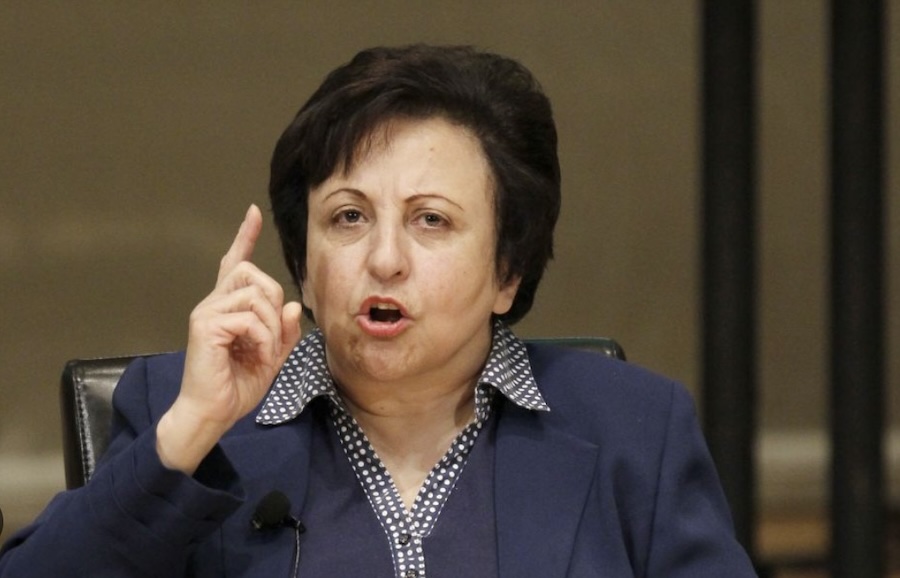
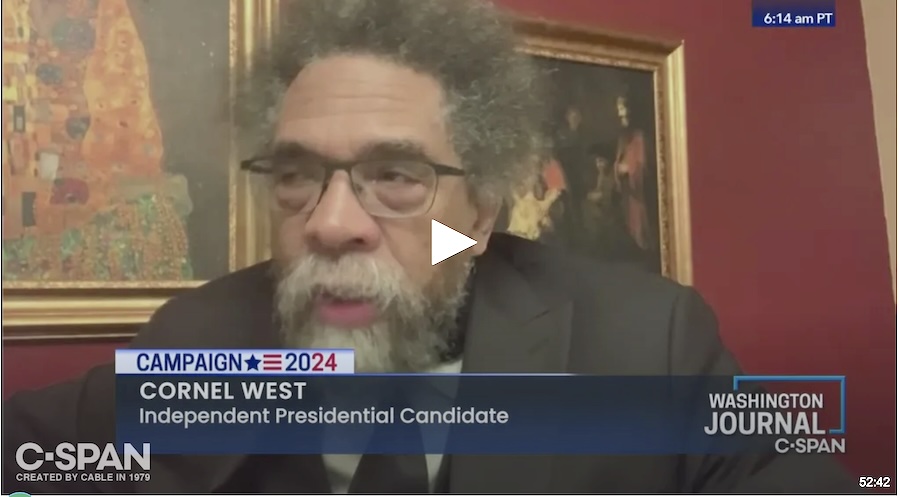 Video of interview
Video of interview
